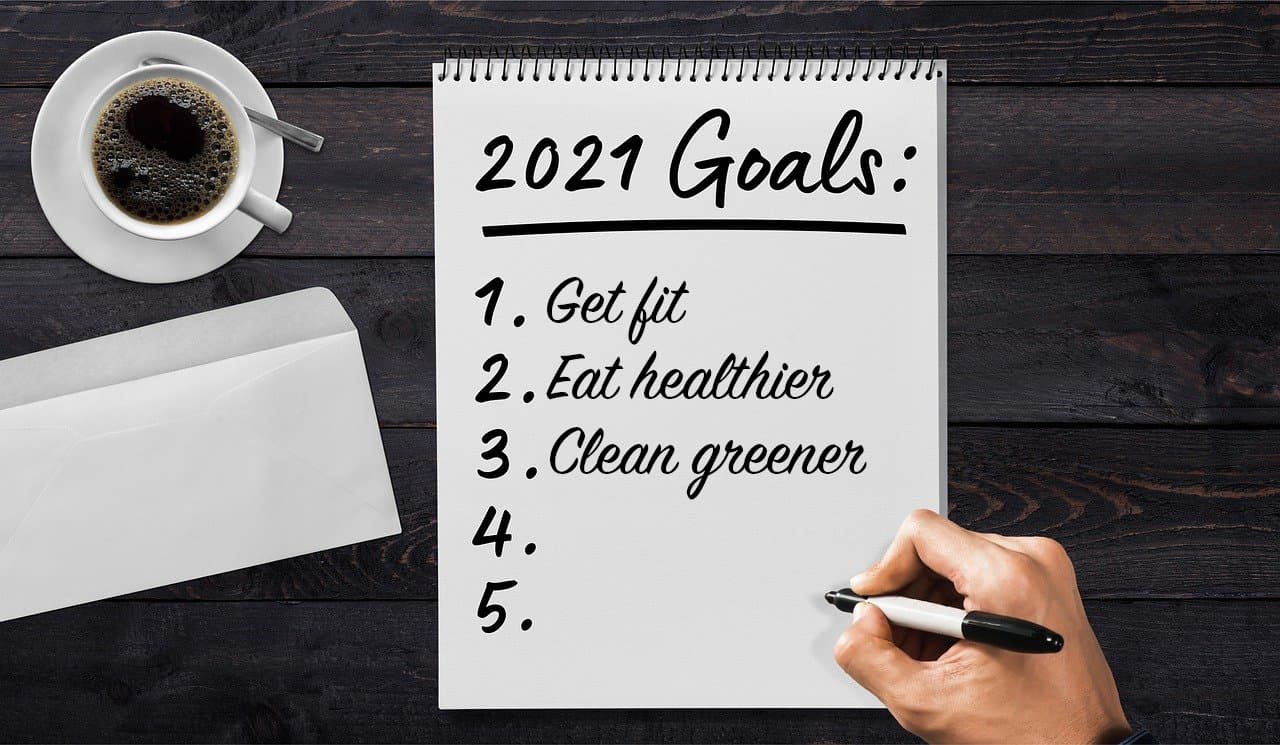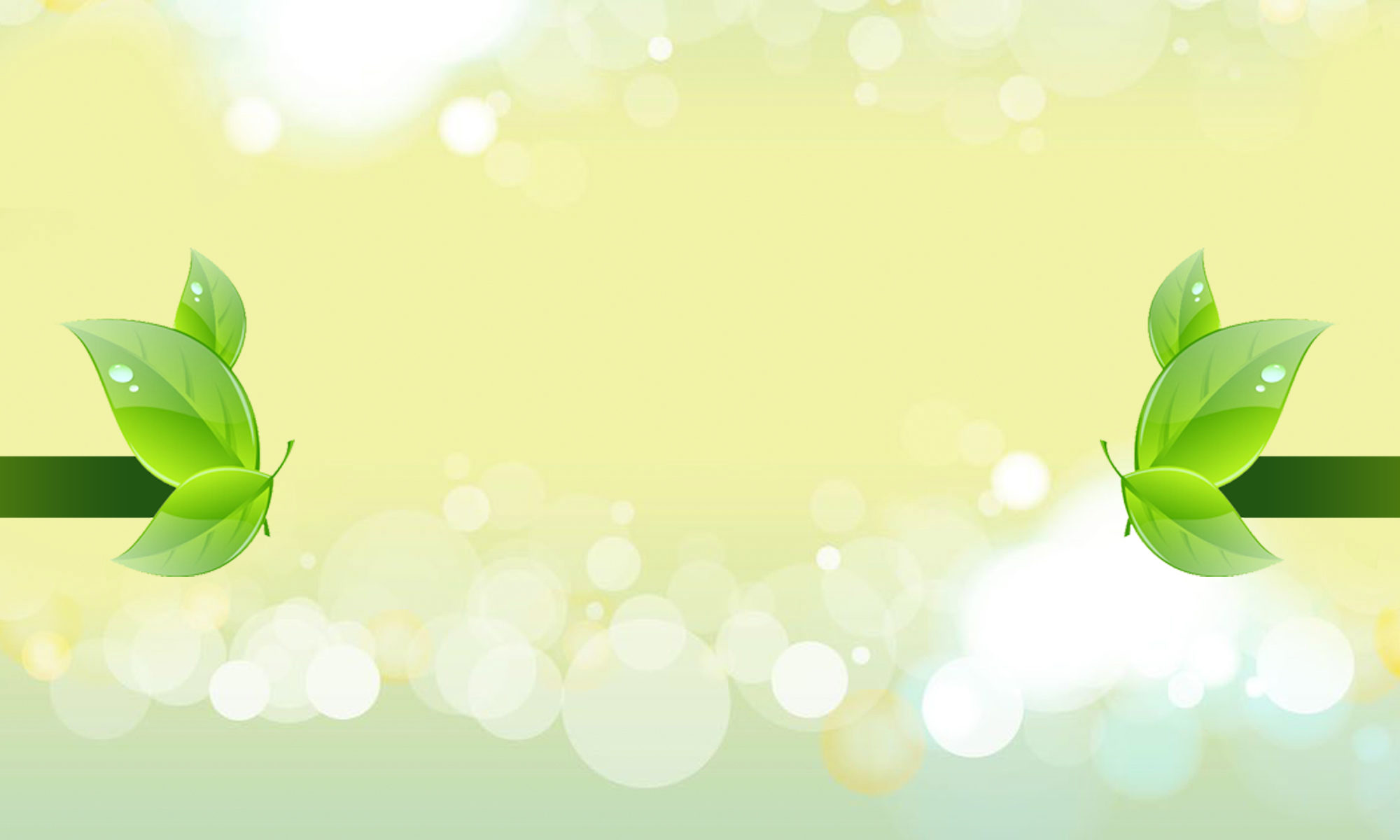
Looking to start in on a great 2021 resolution? While you may be thinking about eating healthier, or starting a fitness regiment, have you ever given any thought to creating a healthier environment in general? While you might be considering cutting out processed food, changing up your cleaning habits can help too. Going green, when it comes to cleaning products, can help you avoid detrimental health effects that can happen if you come in contact with chemicals, or even just inhale their fumes. Why not make these simple changes as part of your 2021 resolutions?
The problem with traditional chemical cleaning methods
Traditional cleaning methods, using harsh chemicals, often are the easiest path from A to B. It’s easy to think that bleach is going to get us the cleanest clean, and we often rush to that sort of method to get a good clean. However, repeatedly coming into contact with these chemicals, including touching or even inhaling fumes from them, can have detrimental effects on you, your family members, your pets, or your employees. Making a small change that may deliver a comparable or sometimes even better result in terms of cleaning is well worth it. Let’s talk about some of the known traditional cleaning chemicals, and their green alternatives.
Bleach
A common go-to, bleach is great for killing bacteria, viruses, and more. Most people know the noxious smell of bleach, and know it can whiten just about anything. Unfortunately, bleach is so common now that it makes an appearance in most common household cleaners. We say “unfortunately”, because bleach can be highly toxic if accidentally swallowed, emits fumes that can cause damage to your lungs and organs, and can interact with other chemicals to create even more toxic chemicals.
Instead use: Lemon juice
The citric acid in lemon juice actually acts as a great cleaning product. If life is handing you lemons, squeeze those lemons and make a bleach-comparative cleaner with water dilution. Put it in a spray bottle, and spray toilet bowls, sinks, and more with it. Even better is that it smells great!
Ammonia
You may be familiar with the smell of ammonia, given it’s such a noxious smelling product. Ammonia is found in most cleaning products including window cleaners, and are often what gives a streak-free shine. Ammonia is toxic to humans, and needs to absolutely be kept out of reach of children and animals. Ammonia can also cause burns to skin or eyes, if it is splashed or spilled in or on them. Chemical burns are no joke. Ammonia itself, however, is a natural part of the nitrogen cycle, and is already a green cleaner. But we may not want it in our homes… What can we use instead of ammonia?
Instead use: vinegar
Vinegar, we’re sure you’ve heard, is quite an effective green cleaner. Diluted properly or used straight from the bottle, vinegar can help clean some of the most stubborn stains. Vinegar is also a great solution for rinse-free cleaning and can dry on most surfaces without affecting them. Vinegar can clean streak-free, and can even be used to help keep down mold.
Phthalates
Not as common in the everyday vernacular as bleach or ammonia, you may not realize you’re using this common additive in your cleaning routine. Phthalates are chemicals used to soften polyvinyl chloride (PVC), and can show up just about anywhere. Most commonly, phthalates are in air fresheners, sealants and adhesives, and much much more. Phthalate exposure has been linked to asthma, breast cancer, ADHD, behavioral issues, and more, yet these additives prevail. It’s best to skip the phthalates when you can.
Instead use: essential oils
Air fresheners might seem like they give a nice scent to your home, but try instead using essential oils. Peppermint, spearmint, lavender, cinnamon, vanilla, ginger, and much more can be used to equally, if not more efficiently, deliver a beautiful scent to your living space without the negative effects phthalates have. A little can go a long way, but you can mix essential oils into your green cleaning products, make a special bottle, or use them as is.
How do you plan to have a healthier 2021? Let us know in the comments below!


